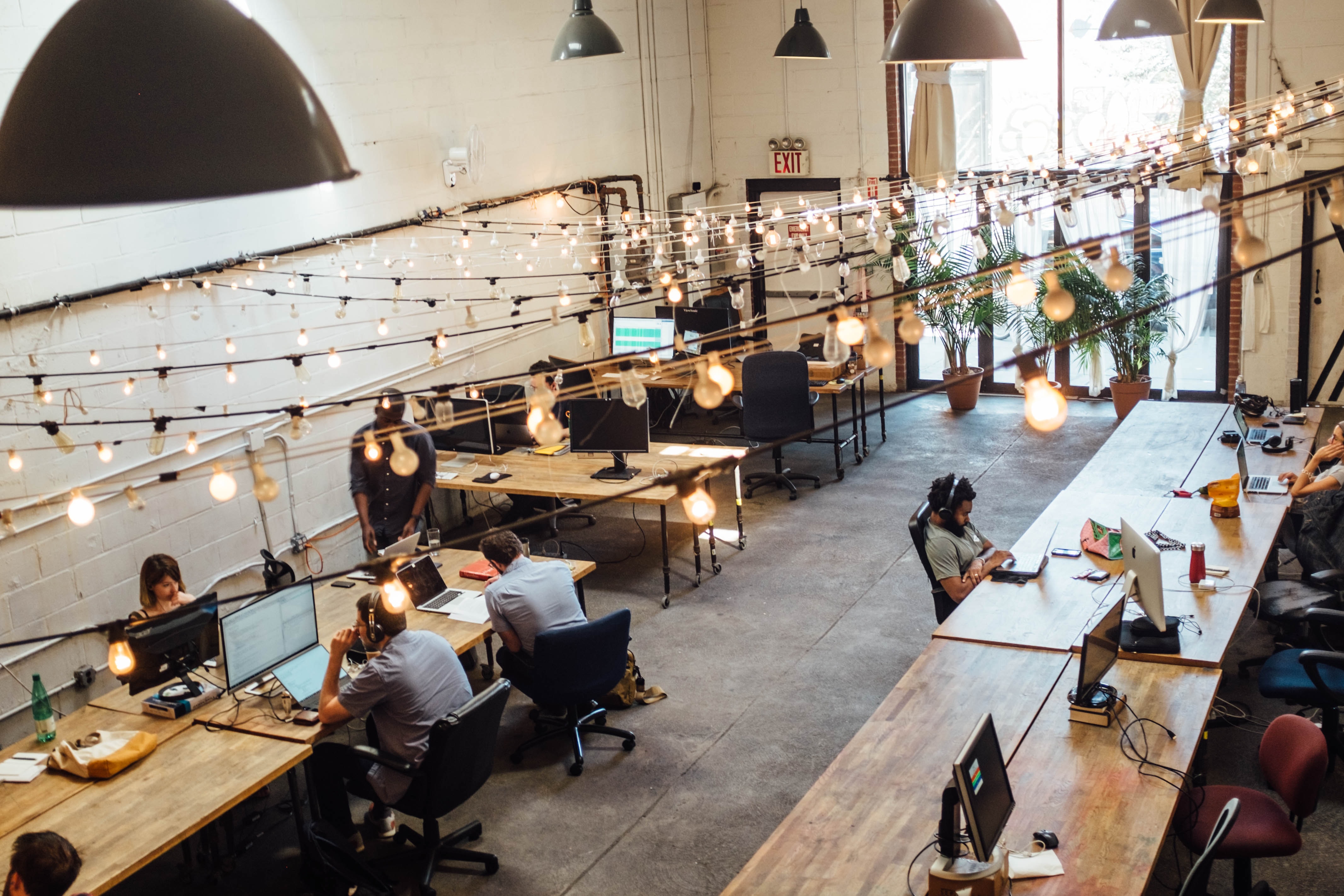During these times of social distancing, what’s happening to spaces that bring people together?
Co-working spaces in recent times have re-defined workspace ideas for freelancers, startups, and larger companies.
With most companies asked to work from home due to the COVID-19 pandemic that has swept through the world, do you think it’s more than a short term effect on the co-working industry?
How do you think the coworking industry will be affected in the short term and long term?
The coworking industry is as severely impacted as any other. Like most co-working spaces, the biggest customers are startups – the segment that is the worst hit due to the pandemic. For the same reason, all companies have asked their employees to work from home or have asked them to go on unpaid leave and few have even laid off. Given the limited cash reserves most of these small businesses have, and the dependency of the co-working companies revenue on these small businesses, the co-working industry will take a hit for some time now.
The other challenge for the co-working industry is, during these times of work from home companies might learn from the experience that their people need not commute long hours or be physically present next to their teammates to be productive. The employees and the organization would have found this convenient and by large it is also cost-cutting.
Additionally, co-working spaces depend on a steady flow of new leads because of their high conversion rate. With the current pandemic, people fear that this will last longer and are revoking their existing memberships or terminating their contracts.
A survey was conducted by coworker.com with 14,000+ coworking spaces across 172 countries. The survey revealed that nearly 72% of spaces said they witnessed a significant drop in the number of people working from their space since the outbreak. And, 41% of coworking spaces reported a negative impact on membership and contract renewals since the outbreak. And, 67% of spaces have experienced a drop in the number of new membership inquiries.
In the survey, they also asked the topmost service that has taken a hit – event collaborations (71%). Due to the pandemic, every event organizer has moved their events online. Usually, co-working spaces were the hubs for such events.
What are alternative business models for Co-working?
A lot of co-working space providers have enforced Force Majeure on their contracts and are exploring other opportunities to keep their business running and to keep their communities engaged.
These are few practices or business models in response to a pandemic
- More relaxed cancellation notices
- Ability to use the paid but unused days as credit days when the center re-opens
- Giving away discounts now, which can be redeemed at later stages of their memberships
- Charging members basic operational cost (as minimum as it can be) to keep the space running (rent/lease, internet connection/server room maintenance/security personnel payment)
- Virtual member events and collaborations
- Launching online memberships by creating a virtual platform for the ecosystem
Co-working spaces adapt to changes in the ecosystem naturally and are dedicated to providing flexible services and solutions.
How are co-working spaces doing or have done to help workers feel safe in a coworking environment?
The efforts to keep the workspace clean and hygienic might come at an extra personnel cost for larger spaces but at these times it is important to be safe than sorry.
Co-working spaces will have to triple the stock of hand sanitizers, soaps, disinfectants. They will have to increase the number of staff personnel to ensure space is kept clean and hygienic for its employees and members.
No more kisses, hugs or handshakes. It’s going to be Namaste or a wave. Additionally allowing very few members in the pantry and cafe at the same will ensure sufficient space. All this might sound just dramatic, but these are basic recommendations and practices to help keep each other safe.
The co-working industry always continues to evolve and choose to do business in a more kind, human, and supportive way.
Contributed by


